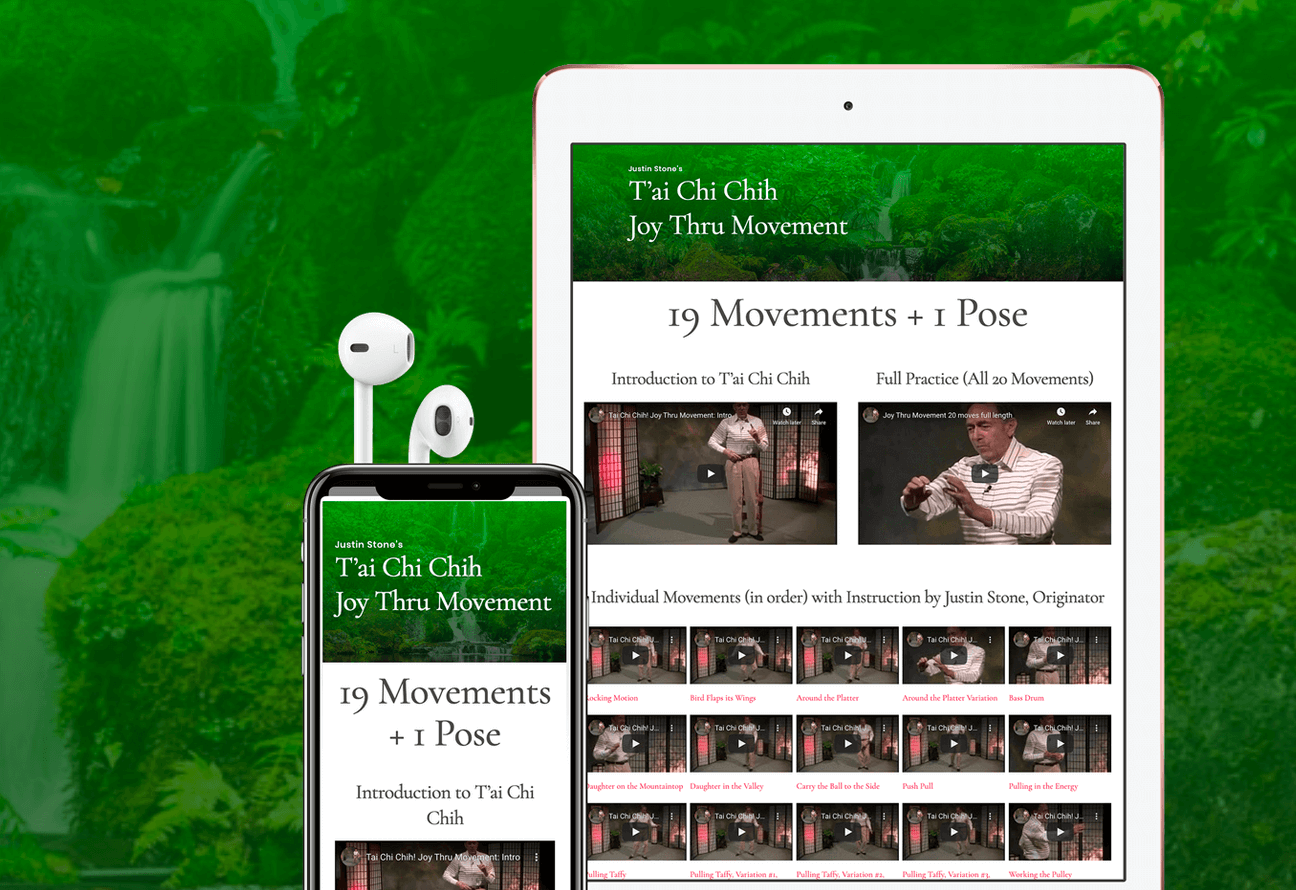
It is interesting to speculate about Cosmic Rhythm. Although Buddhism says all effects come from causes (there being no “first cause”), many events seem the result of cyclic, not causal, influences. The plum blossom pushes through the snow in February in Japan, and the sun comes up at a predictable time each day, bringing cyclical daytime after cyclical night. There is no way the plum blossom can know when it is time to emerge; certainly the late winter weather isn’t any warmer. Such events as these are part of a natural Cosmic Rhythm. Many have thought how wonderful it would be if they could accord with this Cosmic Rhythm. The Chinese speak of moving with the Tao. And that’s where T’ai Chi Chih comes in. The steady practice of T’ai Chi Chih – and, if desired, of the greatly stepped-up Seijaku – offers an easy way to enter this flow. And the possibility of arriving at the point where no one is doing T’ai Chi Chih, where T’ai Chi Chih is doing T’ai Chi Chih, which is letting the Tao play us. All that’s needed is sincerity and perseverance; too much self-clinging will make both these difficult.
To know the Cosmic Principle by entering the Cosmic Rhythm – ah!

